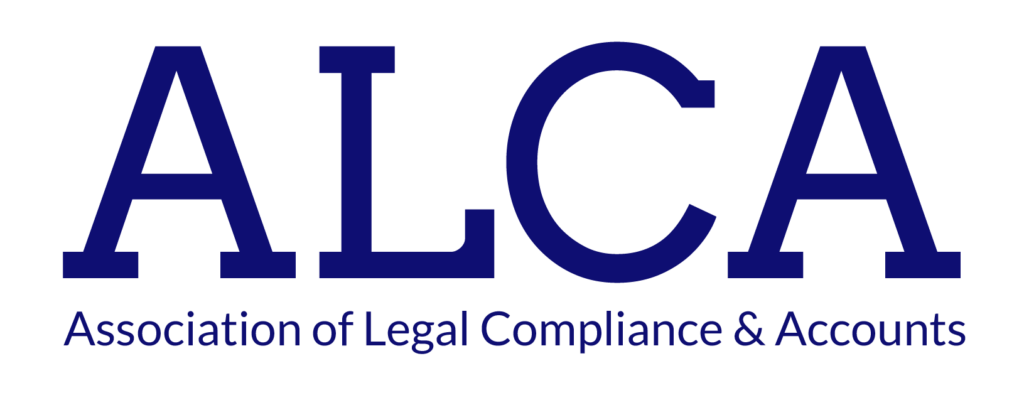
As an Org Plus Plan subscriber, you have unlimited access to the On Demand training library of pre-recorded training videos. You can watch these as many times as you like at your own leisure. Questions can be posed to trainers during and after the video, with responses being provided within 2 working days. Ensure you’re logged into your account to access.
For non-subscribers and all other plan subscribers, access can be purchased separately.
#1. What is the difference between the Profit and Loss Account and the Balance Sheet?
#2. True or false: all incorporated entities must publish full accounts at Companies House
#3. There is a difference between profit and cash because:
#4. Business “lock up” refers to:
#5. True or false: the financial statements of private limited companies (LTD) must all use the same design and wording, set by Companies House
#6. True or false: the SRA Accounts Rules set out certain requirements for law firm financial statements, such as how client account should be treated on a balance sheet
#7. Financial statements should be prepared in a format which is:
#8. Double-entry bookkeeping refers to:
Financial Statements – What they’re actually telling you
Length: 2 Hours
Published January 9, 2025 | Last Updated on January 27, 2025
Who is this training for?
This online workshop is for Solicitors, Lawyers, Accountants, Compliance Officers, COFA’s, Legal Accounts Professionals, Legal Cashiers and anyone that has any involvement in working in legal finance and compliance.
Purpose of this training?
The Financial Statements online workshop is for those who have a basic understanding of accounts but want to take a deeper dive and look at the primary financial statements in more detail. It is a full introduction to the basics of understanding financial statements, giving you the skills to perform well in a finance or accounting position to take on roles that include financial reporting and analysis.
This course will look at the content and structure of the Profit & Loss account, the Balance Sheet and the Cash flow statement and the relationships between the financial statements. You will gain an understanding of the essential principles of financial statements including cash flow reconciliations and forecasts.
An overview of the different forms of financial statements – dependent on formation type (partnership, LLP, Ltd), difference between statutory accounts and management accounts.
Profit & Loss and Balance Sheet
- How to read and interpret the statements
- How items end up in each statement and how the two interact with each other
- What the statements tell you about the performance of the business
- Indications on the balance sheet that a company might not be performing so well
- Comparing P&L to budget, exploring variances
- Profit distributions / dividend payments
- Taxation differences between incorporated and non incorporated entities
Cash flow reconciliation
- Difference between cash and profit
- Difference between cashflow reconciliation and cashflow forecast
- Why both are important
The session includes general discussions around the production of financial statements and what to expect from your accounts department, or what to provide to business leaders if you are the accounts department.
Practice notes and training sessions represent the Association of Legal Compliance & Accounts’ view of good practice in a particular area. They are not intended to be the only standard of good practice that firms can follow.
Practice notes and training sessions are not legal advice, and do not necessarily provide a defence to complaints of misconduct or poor service. While we have taken care to ensure that they are accurate, up to date and useful, we will not accept any legal liability in relation to them.
Frequently Asked Questions
All ALCA online training is delivered live, interactive and is recorded. We bridge the gap between ‘face-to-face’ and online training by applying a blended approach. Questions can be posed to trainers throughout the workshops with quizzes/polls being used to engage with attendees.
Workshops can be continuously replayed for 60 days after broadcast.
Benefits?
- Reduced cost
- Can be taken anywhere on any device – no travel time or cost
- Shorter and more efficient than face-to-face
- Live and interactive
- Recorded and can be replayed at your leisure
Depending on your subscription and the length of the workshop, the pricing is as follows:
Our online workshops are delivered via Zoom. You can access the session via your computer, tablet or mobile device.
Details on how to join the online session will be provided the day before the training goes live.
We recommend you run a system test and check your internet speed by clicking <a href=”https://zoom.us/test” target=”_blank” rel=”noopener”>HERE</a>.
If your firm prevents you from using Zoom, please <a href=”mailto:hello@alca.org.uk”>contact us</a>.
There is no requirement to attend live but we advise that you do where you can as this will be the best experience for you. Don’t forget, you can pose questions live to the trainer and join in with the interaction when you attend live. Also, be mindful that you have access to the recording for 30 days, after which, it will no longer be available.
Not at all. We prefer it if candidates do as it makes the training more engaging but it is not mandatory to turn your camera or microphone on during the training session.
If you don’t have a microphone, you can still pose questions using the chat facility.
